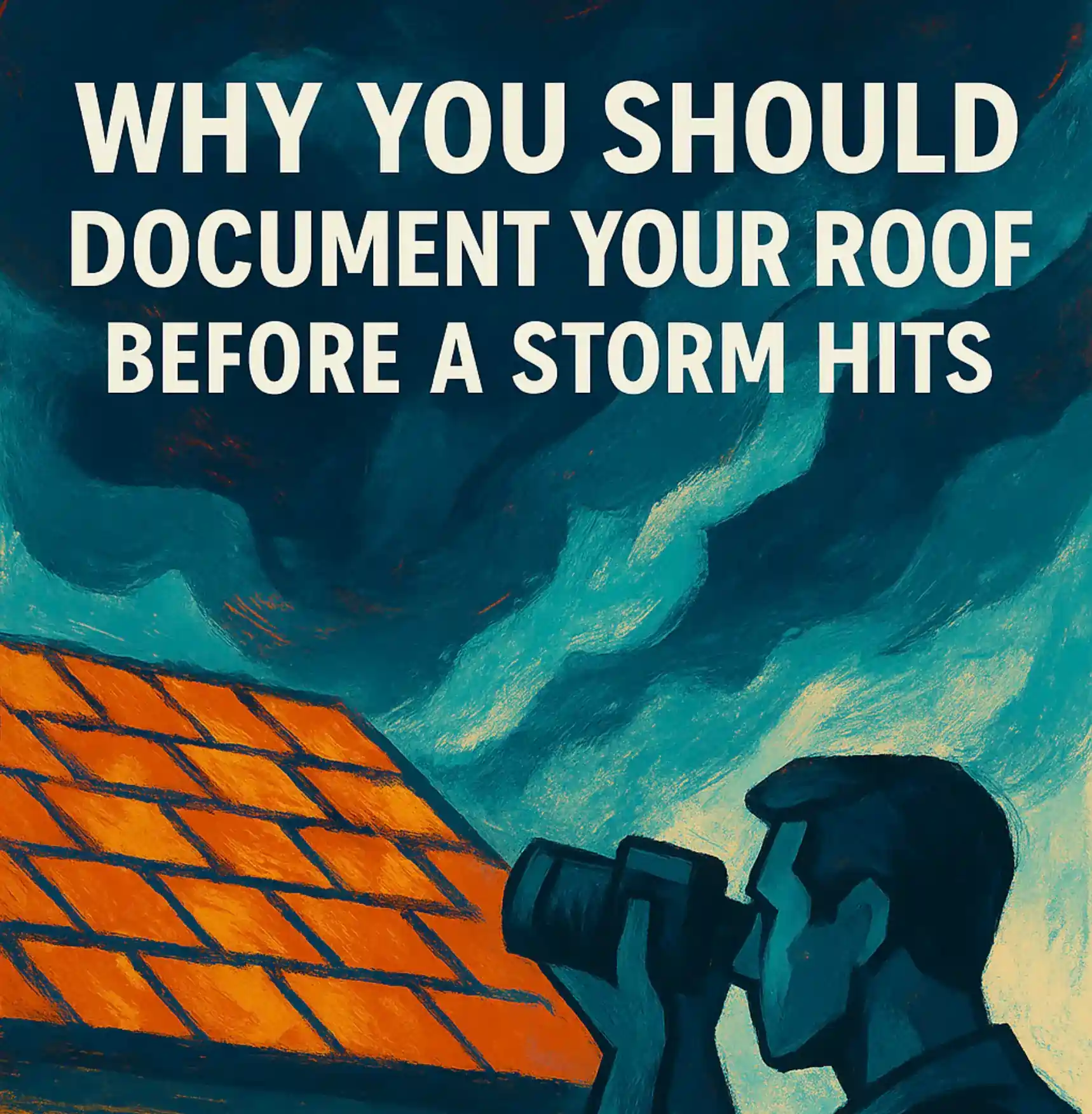5 Critical Truths Your Sarasota Roofing Contractor Should Tell You
The best Sarasota roofing contractors use their knowledge and experience to help you maximize your roof’s useful service life and make the most sound financial investment. However, some roofing companies focus more on profit than performance—and they may keep you in the dark about critical roofing truths.
Here are five important facts your contractor should share with you before you sign on the dotted line:
1) A Roofing License Does Not Guarantee a Long-Lasting Roof
Just because a roofer is licensed doesn’t mean their work will last. The real quality of a roofing project depends on the skill and integrity of the installer—not the salesperson. Interview the person who will be doing the installation. Their workmanship determines whether your roof will reach or fall short of its expected lifespan.
2) Building Department and Building Permit Does Not Guarantee Top Quality
Pulling a permit and meeting local Sarasota County building codes is merely the legal minimum standard. These codes are designed for safety compliance, not quality longevity. Don’t assume a permitted roof equals a great investment—you still need craftsmanship and high-quality materials to ensure long-term performance.
3) Many Manufacturer’s Warranties Are Voided as the Roof Is Being Installed
Most warranties have strict guidelines for materials and installation methods. If your contractor cuts corners, those warranties can be voided immediately—even if they promise otherwise. Consumer Reports recommends always reading the fine print and verifying your contractor meets every requirement.
4) Free Estimate Really Costs the Paying Customer
“Free estimates” aren’t actually free—the cost is simply rolled into the project of the paying customer. If a contractor is offering tons of estimates, someone has to cover those expenses. That someone is you, the buyer. This is often one of the first signs of a business more concerned with sales than transparency.
5) Ongoing Inspections Are Critically Important
Even if your roof has a so-called 50-year warranty, it still needs annual roof inspections. These inspections help catch small problems before they become expensive repairs. Ignoring routine inspections is like skipping oil changes in your car—you won’t notice the damage until it’s too late.
Talking with your Sarasota roofing contractor about these five points can help you protect your investment and double the useful service life of your roof. At SonShine Roofing, we believe informed homeowners make the best decisions. That’s why we focus on education, trust, and long-term value.
Note: This post is part of our ongoing “Doubling Your Roof’s Useful Service” homeowner’s guide. For a deeper understanding of roof maintenance and replacement best practices, browse more of our insights or contact us today.













